
Find Help
More Items From Ergsy search
-
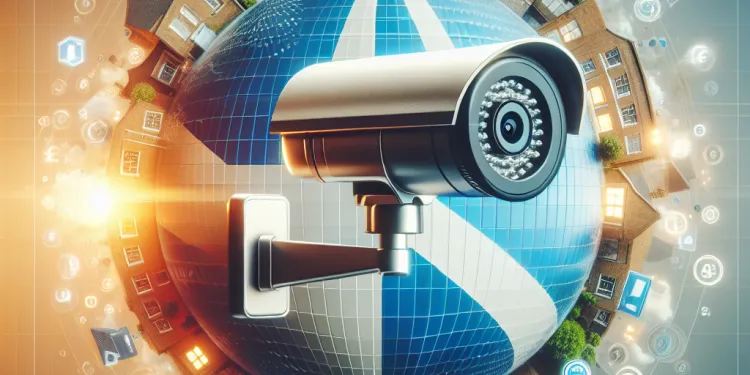
Is redirecting a security camera a solution?
Relevance: 100%
-

Can I ask my neighbour to reposition their security camera?
Relevance: 98%
-

Is it legal for me to block the view of my neighbour's security camera?
Relevance: 98%
-
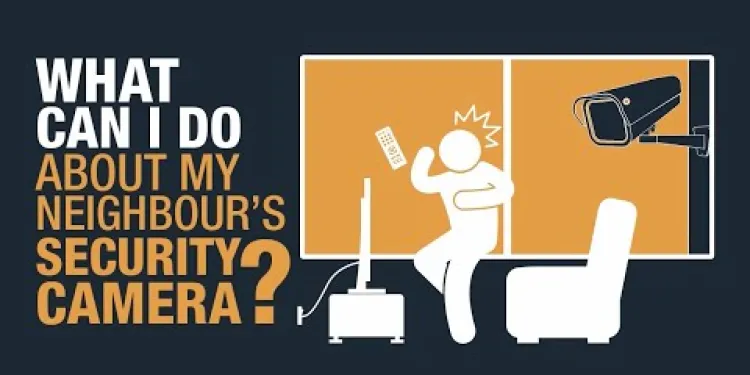
What can I do about my neighbour's security camera?
Relevance: 96%
-

What can I do about my neighbour's security camera?
Relevance: 96%
-
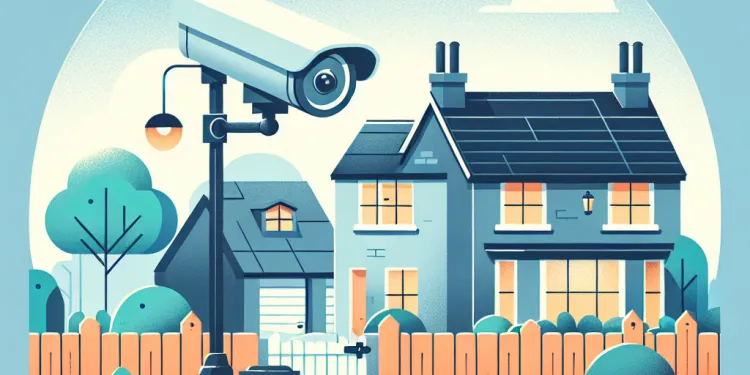
Can my neighbour legally point a security camera at my property?
Relevance: 95%
-
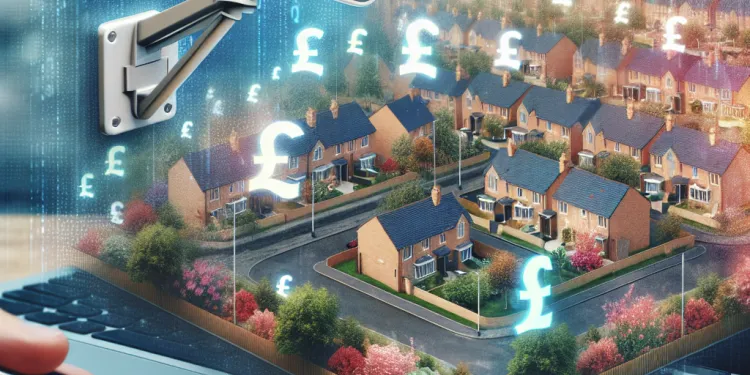
Is it legal for my neighbor to have a security camera facing my property?
Relevance: 94%
-
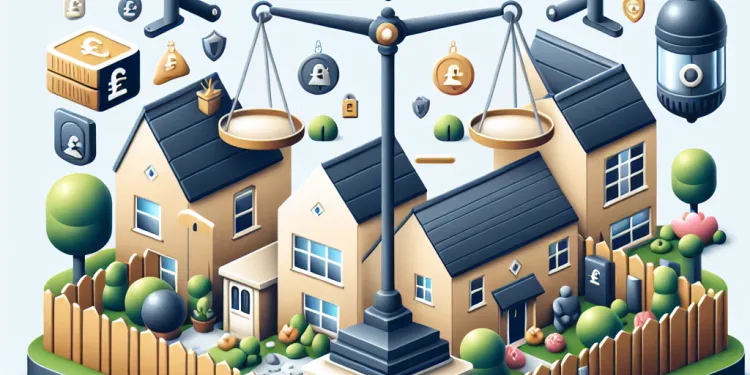
Are there privacy laws that protect me from neighbor's cameras?
Relevance: 94%
-

What laws apply to the use of security cameras in the UK?
Relevance: 92%
-

How secure is the Ring Doorbell Camera system?
Relevance: 90%
-
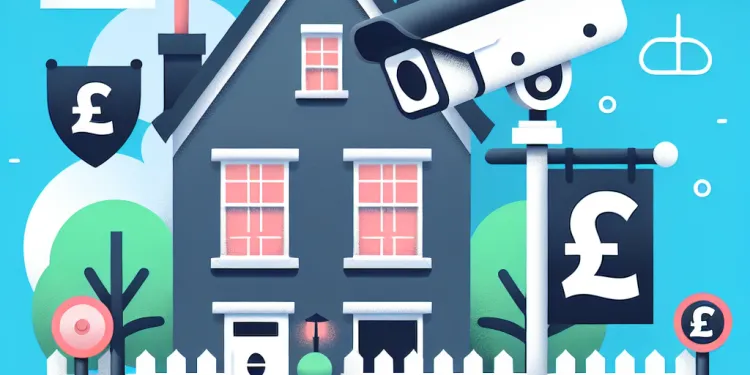
What steps can I take if my neighbour refuses to reposition their security camera?
Relevance: 90%
-
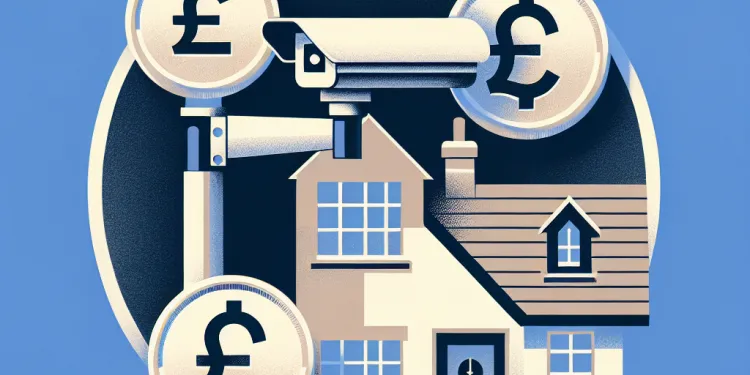
What if my neighbor claims the camera is for security but it points towards my property?
Relevance: 90%
-
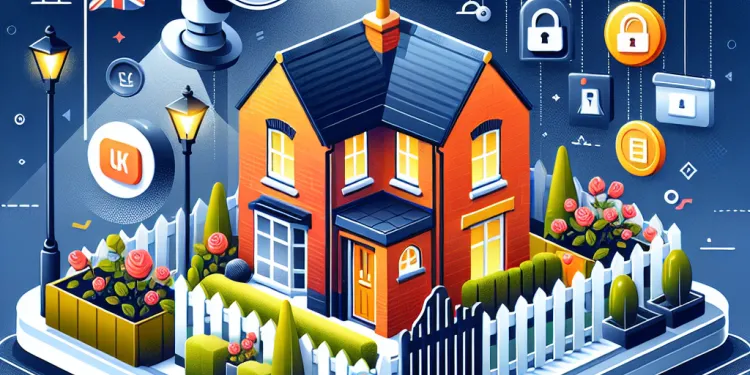
How can I stop my neighbour's security camera pointing at my property?
Relevance: 88%
-

How can I tell if a security camera is pointing at my property?
Relevance: 86%
-
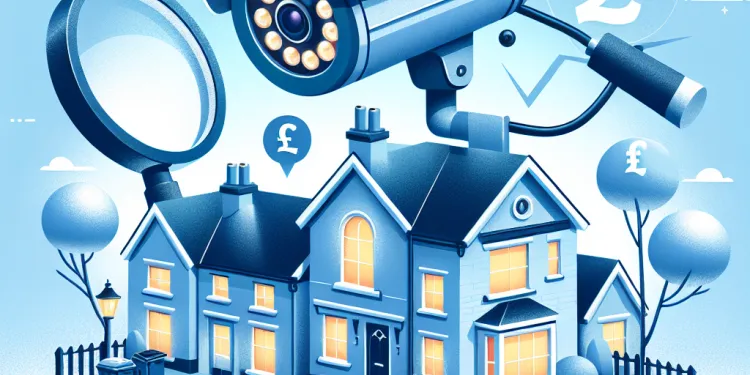
Can my neighbour use footage from their security camera as evidence in disputes?
Relevance: 85%
-
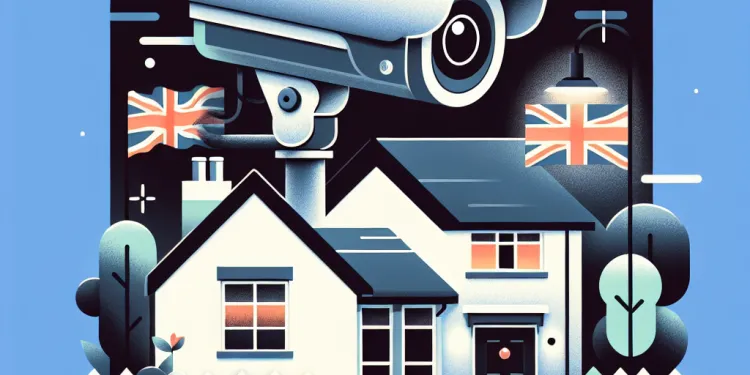
What should I do first if my neighbor's security camera is pointed at my property?
Relevance: 85%
-
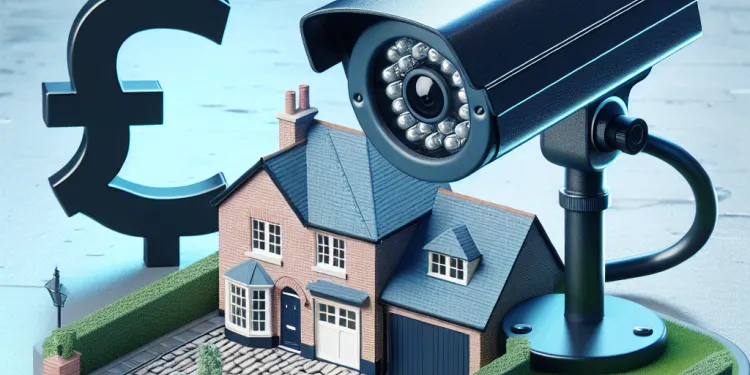
Is my concern valid if the camera is only monitoring my driveway?
Relevance: 70%
-

How can I disable my neighbour's security camera?
Relevance: 69%
-
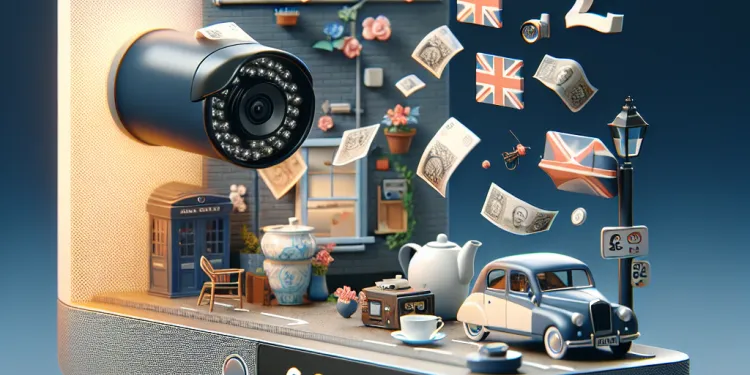
Can I install my own camera to monitor the area in question?
Relevance: 69%
-

Is it advisable to discuss camera placement before it becomes an issue?
Relevance: 68%
-
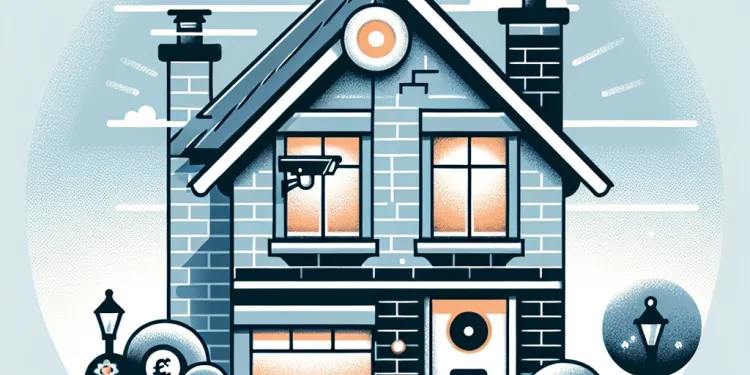
Do neighbours need to inform me if their cameras record my property?
Relevance: 67%
-

Can I block the view of my neighbor's camera with physical barriers?
Relevance: 65%
-
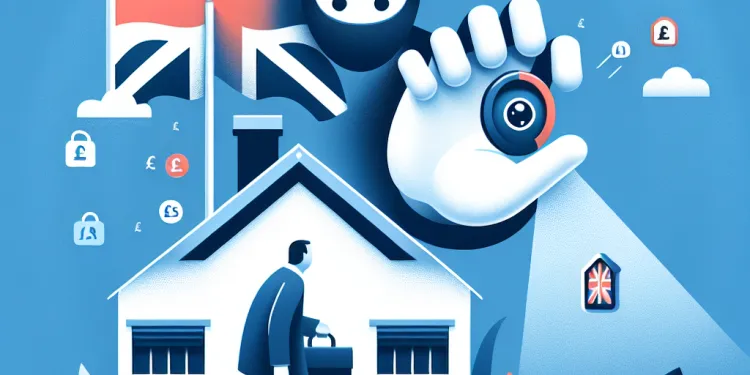
Can I ask for legal help to get my neighbor’s camera moved?
Relevance: 64%
-

Can technology help in blocking the camera's view?
Relevance: 63%
-
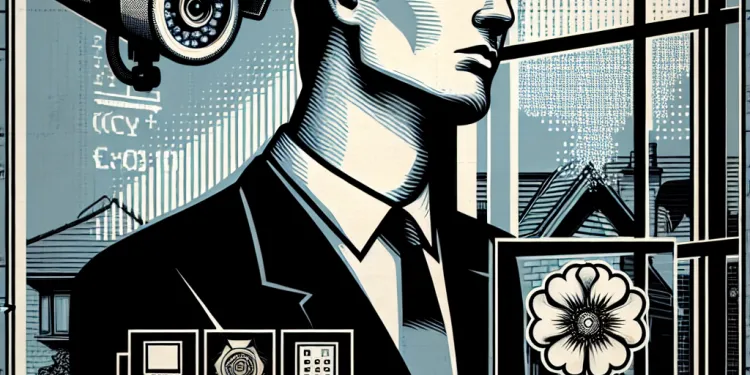
Should I contact the authorities if my neighbor refuses to adjust their camera?
Relevance: 63%
-

How do Ring Doorbell Cameras work?
Relevance: 62%
-

Is the video quality of a Ring Doorbell Camera good?
Relevance: 62%
-

What is a Ring Doorbell Camera?
Relevance: 61%
-
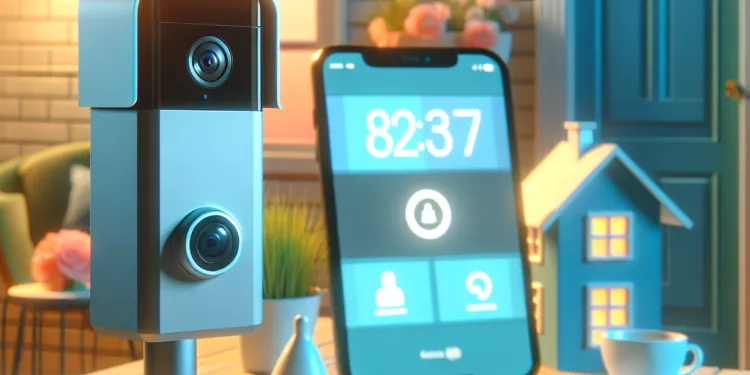
What happens if my Ring Doorbell Camera is stolen?
Relevance: 60%
-
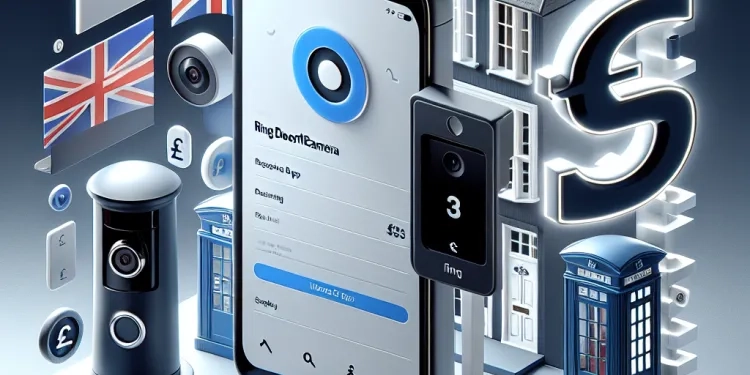
Is the Ring app necessary for using a Ring Doorbell Camera?
Relevance: 58%
-

How do I install a Ring Doorbell Camera?
Relevance: 57%
-
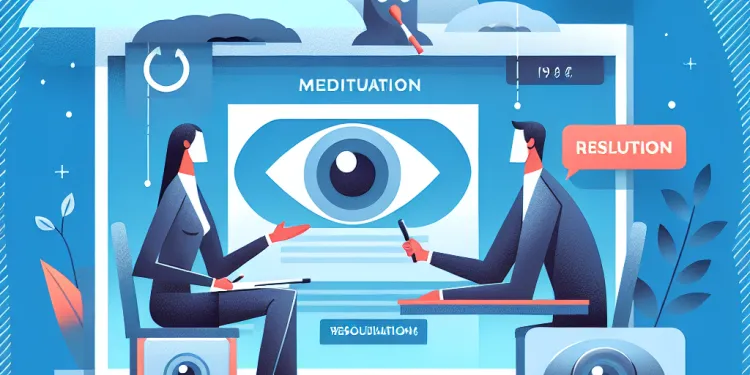
Are there any mediation services for resolving disputes over security cameras?
Relevance: 57%
-
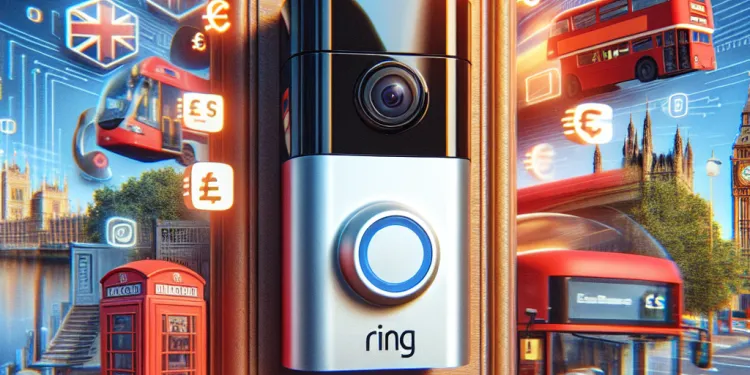
How does a Ring Doorbell Camera work?
Relevance: 57%
-
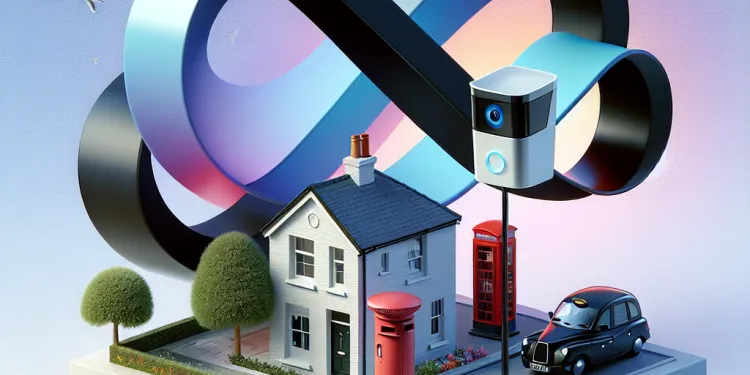
Can a Ring Doorbell Camera record continuously?
Relevance: 56%
-

Does a Ring Doorbell Camera work at night?
Relevance: 55%
-

What kind of notifications do Ring Doorbell Cameras provide?
Relevance: 55%
-

How can I verify the camera's field of view?
Relevance: 53%
-

Do Ring Doorbell Cameras support Alexa integration?
Relevance: 51%
-
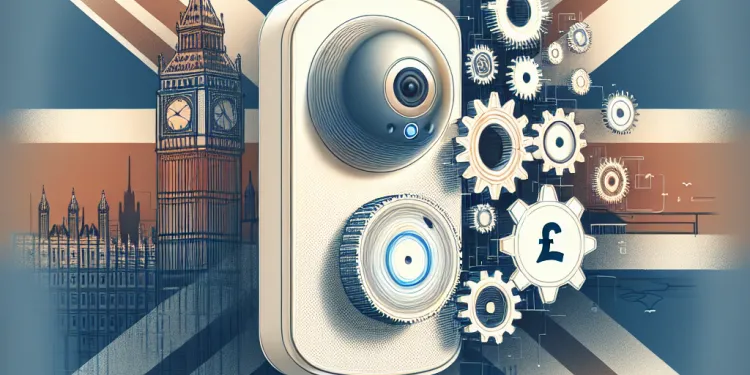
Can I customize motion detection on my Ring Doorbell Camera?
Relevance: 50%
-
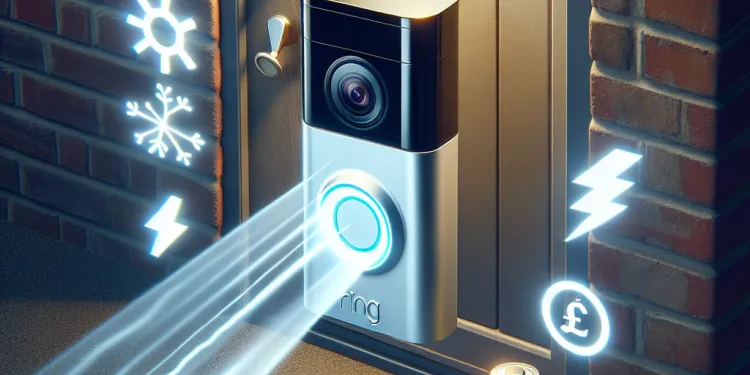
How does a battery-powered Ring Doorbell Camera work?
Relevance: 48%
Overview of Security Camera Laws in the UK
In the United Kingdom, the use of security cameras is governed by a variety of laws and regulations designed to balance the needs for security and privacy. These regulations apply to both public and private camera use and are intended to ensure responsible surveillance practices. It is crucial for both homeowners and businesses to be aware of these legal requirements to avoid any potential legal issues.
Regulations for Domestic CCTV Use
The use of security cameras by homeowners is primarily subject to the Data Protection Act 2018 (DPA) and the General Data Protection Regulation (GDPR), especially when the cameras capture images beyond the boundary of the private domestic property. If the cameras record public spaces or neighboring properties, the homeowner becomes a data controller under these regulations and must comply with the data protection principles.
These principles include ensuring that the recording is necessary and proportionate, providing clear signage to notify individuals that they are being recorded, and being prepared to answer subject access requests. Additionally, recordings should not be retained longer than necessary, and care must be taken to secure the footage.
Commercial Use and Public CCTV Systems
For businesses and public authorities, the rules are more stringent. The Information Commissioner's Office (ICO) provides guidance for commercial CCTV users, emphasizing compliance with the DPA and GDPR. Businesses must conduct a Data Protection Impact Assessment (DPIA) before installation to evaluate the necessity and impact of the surveillance.
Signage must be prominently displayed to inform individuals about CCTV recording, and the footage must be securely stored. Access to the footage should be restricted to authorized personnel only. Furthermore, businesses should have a clear policy outlining why they are collecting the footage, how long it will be stored, and how it will be used.
Additional Legal Considerations
Aside from data protection laws, other legal considerations come into play with the use of security cameras. The Protection of Freedoms Act 2012 introduced the Surveillance Camera Code of Practice, which encourages system operators to adhere to 12 guiding principles. Although primarily aimed at police and local authorities, adherence by private operators is considered best practice.
Moreover, the Human Rights Act 1998 can also be relevant, particularly regarding the right to respect for private and family life. Security camera users should ensure that their practices do not infringe on individuals' rights unnecessarily or disproportionately.
Conclusion
It is essential for anyone using CCTV systems in the UK, whether for domestic or commercial purposes, to understand and comply with the relevant laws and regulations. Failing to do so could lead to legal action, including fines and enforcement notices. Adequate measures such as clear signage, secure data management, and regular reviews of the necessity of CCTV use can help in complying with the law while protecting both security and privacy.
Security Camera Rules in the UK
In the UK, there are rules about using security cameras. These rules are meant to keep people safe and respect their privacy. They apply to cameras used by everyone, including homeowners and businesses. It’s important for people to know and follow these rules to stay out of trouble.
Rules for Security Cameras at Home
If you have security cameras at home, you need to know about the Data Protection Act 2018 and the GDPR. These laws are especially important if your cameras see outside your home, like public areas or your neighbor’s property. If they do, you have to follow certain rules because you’re recording other people.
You should only record if it’s necessary. You need to put up signs to let people know they are being filmed. If people ask, you need to have answers about the recordings. Don’t keep the recordings longer than you need to, and make sure they are kept safe.
Rules for Businesses and Public Cameras
Businesses have even stricter rules. The Information Commissioner’s Office gives advice on what businesses need to do. They have to check how necessary the cameras are and how they affect people.
Businesses must put up clear signs to let people know about the cameras. The recordings must be stored safely, and only certain people should be able to see them. Businesses need a plan to explain why they are recording, how long they’ll keep the recordings, and what they will do with them.
Other Important Rules
There are other laws to think about with security cameras. The Protection of Freedoms Act 2012 has rules for using cameras, and it’s good for everyone to follow them. This is mostly for the police, but private users should too.
The Human Rights Act 1998 also matters because it’s about respecting people’s lives. When using cameras, make sure you are not invading people’s privacy too much.
Remember
If you use CCTV cameras in the UK, you need to know and follow the rules. Otherwise, you might face problems like fines. Make sure to put up signs, keep data safe, and regularly check if you really need the cameras. This will help you follow the law and protect privacy and security.
Frequently Asked Questions
Useful Links
This website offers general information and is not a substitute for professional advice.
Always seek guidance from qualified professionals.
If you have any medical concerns or need urgent help, contact a healthcare professional or emergency services immediately.
Some of this content was generated with AI assistance. We’ve done our best to keep it accurate, helpful, and human-friendly.
- Ergsy carfully checks the information in the videos we provide here.
- Videos shown by Youtube after a video has completed, have NOT been reviewed by ERGSY.
- To view, click the arrow in centre of video.
- Most of the videos you find here will have subtitles and/or closed captions available.
- You may need to turn these on, and choose your preferred language.
- Go to the video you'd like to watch.
- If closed captions (CC) are available, settings will be visible on the bottom right of the video player.
- To turn on Captions, click settings .
- To turn off Captions, click settings again.
More Items From Ergsy search
-

Is redirecting a security camera a solution?
Relevance: 100%
-

Can I ask my neighbour to reposition their security camera?
Relevance: 98%
-

Is it legal for me to block the view of my neighbour's security camera?
Relevance: 98%
-

What can I do about my neighbour's security camera?
Relevance: 96%
-

What can I do about my neighbour's security camera?
Relevance: 96%
-

Can my neighbour legally point a security camera at my property?
Relevance: 95%
-

Is it legal for my neighbor to have a security camera facing my property?
Relevance: 94%
-

Are there privacy laws that protect me from neighbor's cameras?
Relevance: 94%
-

What laws apply to the use of security cameras in the UK?
Relevance: 92%
-

How secure is the Ring Doorbell Camera system?
Relevance: 90%
-

What steps can I take if my neighbour refuses to reposition their security camera?
Relevance: 90%
-

What if my neighbor claims the camera is for security but it points towards my property?
Relevance: 90%
-

How can I stop my neighbour's security camera pointing at my property?
Relevance: 88%
-

How can I tell if a security camera is pointing at my property?
Relevance: 86%
-

Can my neighbour use footage from their security camera as evidence in disputes?
Relevance: 85%
-

What should I do first if my neighbor's security camera is pointed at my property?
Relevance: 85%
-

Is my concern valid if the camera is only monitoring my driveway?
Relevance: 70%
-

How can I disable my neighbour's security camera?
Relevance: 69%
-

Can I install my own camera to monitor the area in question?
Relevance: 69%
-

Is it advisable to discuss camera placement before it becomes an issue?
Relevance: 68%
-

Do neighbours need to inform me if their cameras record my property?
Relevance: 67%
-

Can I block the view of my neighbor's camera with physical barriers?
Relevance: 65%
-

Can I ask for legal help to get my neighbor’s camera moved?
Relevance: 64%
-

Can technology help in blocking the camera's view?
Relevance: 63%
-

Should I contact the authorities if my neighbor refuses to adjust their camera?
Relevance: 63%
-

How do Ring Doorbell Cameras work?
Relevance: 62%
-

Is the video quality of a Ring Doorbell Camera good?
Relevance: 62%
-

What is a Ring Doorbell Camera?
Relevance: 61%
-

What happens if my Ring Doorbell Camera is stolen?
Relevance: 60%
-

Is the Ring app necessary for using a Ring Doorbell Camera?
Relevance: 58%
-

How do I install a Ring Doorbell Camera?
Relevance: 57%
-

Are there any mediation services for resolving disputes over security cameras?
Relevance: 57%
-

How does a Ring Doorbell Camera work?
Relevance: 57%
-

Can a Ring Doorbell Camera record continuously?
Relevance: 56%
-

Does a Ring Doorbell Camera work at night?
Relevance: 55%
-

What kind of notifications do Ring Doorbell Cameras provide?
Relevance: 55%
-

How can I verify the camera's field of view?
Relevance: 53%
-

Do Ring Doorbell Cameras support Alexa integration?
Relevance: 51%
-

Can I customize motion detection on my Ring Doorbell Camera?
Relevance: 50%
-

How does a battery-powered Ring Doorbell Camera work?
Relevance: 48%


